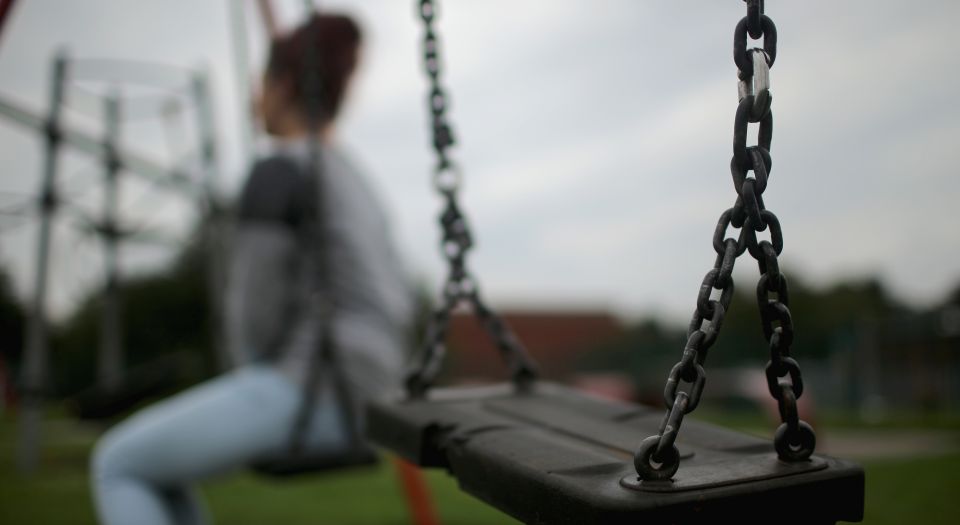Grooming gangs: a product of PC culture
Authorities turned a blind eye to group-based child-sexual exploitation because of racial sensitivities.

Want to read spiked ad-free? Become a spiked supporter.
The Home Office report into group-based child sexual exploitation – more informally described as grooming gangs – has led many to conclude that the perceived prevalence of Asian or Pakistani Muslim perpetrators is a right-wing myth.
But this debate glosses over what remains the greatest problem on this front: the story is not so much the ethnic composition of grooming gangs, but rather how the ethnic composition of certain gangs influences how public authorities respond to these cases.
An independent review published earlier this year concluded that dozens of teenage girls thought to have been groomed and sexually abused in Manchester by groups of Pakistani-origin men were failed because police and officials feared that an in-depth investigation would destabilise race relations in the city. The report, co-authored by childcare expert Malcolm Newsam and former Cambridgeshire Police detective superintendent Gary Ridgway, suggested that Greater Manchester Police (GMP) and Manchester City Council essentially sidelined an investigation into some cases of group-based child sexual exploitation due to ‘sensitive community issues’ and concerns over the risk of inciting ‘racial hatred’.
Much of the report’s focus was on Operation Augusta, which was set up in 2004 after the death of 15-year-old Victoria Agoglia. Agoglia died from a suspected overdose soon after she alerted authorities to her abusive experiences. Augusta subsequently identified at least 57 victims – mainly white girls aged between 12 to 16 – and some 97 potential suspects across the Greater Manchester region. However, senior officers at GMP deprived the investigation of resources, before shutting it down completely with the support of Manchester City Council. Only three people were convicted in court.
The report suggested that police officers were keen not to be seen ‘targeting another minority group’, after it had dealt with cases involving members of the Kurdish-origin population. Margaret Oliver, a retired detective who worked on Operation Augusta, has stated in the public domain that it was prematurely closed down. Drawing on recent cases of group-based child sexual exploitation in post-industrial towns such as Rochdale, Oliver said:
‘Don’t believe any of this rubbish that police have learned from their mistakes. I worked on an almost identical operation in 2004, Operation Augusta, which had identified dozens of young victims and dozens of suspects. It was a virtual carbon copy of Rochdale, men of largely Pakistani heritage were abusing vulnerable white girls in Hulme and around Rusholme.’
Oliver also said that the intelligence team on Operation Augusta had discovered an organised group of offenders – a coordinated system where younger men were tasked with the responsibility of picking up young girls and befriending them, before passing the children on to be abused at ‘sex parties’ by older men of predominantly Pakistani heritage.
Again, it’s the response of the authorities that matters most and which strikes at the heart of debates over racial fairness. Would Greater Manchester Police and Manchester City Council have been in such a rush to close down Operation Augusta if the suspected child sexual abusers were predominantly of white British origin? People in Greater Manchester’s distrustful white working-class communities can be forgiven if they respond to this question with ‘no chance’.
Flipped over, would senior police officers have been more enthusiastic in their investigation of such cases if the majority of the child victims shared the Pakistani heritage of the suspected offenders? If the (woeful) defence for inaction is that by intervening in cases where white girls were being abused by groups of Pakistani-origin men, there is a risk of upsetting race relations, then is it not plausible that the police and city council would have been more comfortable with making robust interventions if the majority of both victims and suspected offenders share the same ethnic background?
These are the questions that are in the public interest to be asked when considering the phenomenon of group-based child sexual exploitation – whether it is in Manchester, Rochdale, Rotherham, Telford, Huddersfield or Oxford.
The left claims that it is genuinely concerned that child sexual abuse is being weaponised by far-right organisations. But then it should have no problem with calling out the inconsistencies of public officials. But I will not hold my breath. The truth is nothing undercuts the narrative of ‘white privilege’ quite as much as the brutal reality of officials prioritising racial sensitivities over justice when it comes to vulnerable white British children being sexually abused by organised grooming gangs.
Dr Rakib Ehsan is a research fellow at the Henry Jackson Society. Follow him on Twitter: @rakibehsan
Picture by: Getty.
Celebrate 25 years of spiked!
A media ecosystem dominated by a handful of billionaire owners, bad actors spreading disinformation online and the rich and powerful trying to stop us publishing stories. But we have you on our side. help to fund our journalism and those who choose All-access digital enjoy exclusive extras:
- Unlimited articles in our app and ad-free reading on all devices
- Exclusive newsletter and far fewer asks for support
- Full access to the Guardian Feast app
If you can, please support us on a monthly basis and make a big impact in support of open, independent journalism. Thank you.







Comments
Want to join the conversation?
Only spiked supporters and patrons, who donate regularly to us, can comment on our articles.